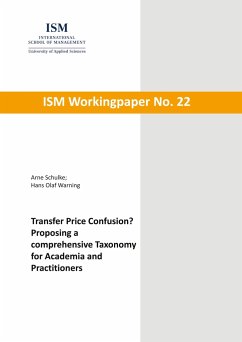Academic Paper from the year 2020 in the subject Business economics - General, grade: 72/100 (First Class Honours), Trinity College Dublin, language: English, abstract: This essay is about pricing, a core area of marketing. More specifically, it is about personalised pricing, which must not be confused with dynamic pricing. Personalised pricing describes adjusting the price for every single customer individually, while dynamic pricing describes adjusting the price for all customers subject to external factors like the current demand as of this moment, for example. If an airline company for instance lifts prices on weekends because demand is stronger on weekends in general, this is dynamic pricing. If the airline company however increases the price only for one particular customer, because they find out, for instance, that the customer uses a certain computer type which makes him likely to be wealthier than other customers, this is personalised pricing. The underlying motivation of this essay is to critically assess how personalised pricing is carried out and whether it should be adopted.Therefore, this essay takes the following approach and structure. Firstly, it is examined whether personalised pricing is legally permitted. Only if it is legally permitted to personalise prices it is worthwhile to further investigate this topic. Secondly, the customer's willingness to pay is analysed. In order to personalise prices, it is necessary to know a customer's exact willingness to pay. Thirdly, the topic of price elasticity is elaborated. It is necessary to assess whether profit is increased via increasing prices or decreasing prices and therefore higher demand. Fourthly, resulting retaliation as a consequence is explored. It is critically examined whether personalised pricing should be adopted, and empirical evidence is gathered to determine a retribution effect of personalised pricing which might end up making this practice unprofitable.
Hinweis: Dieser Artikel kann nur an eine deutsche Lieferadresse ausgeliefert werden.
Hinweis: Dieser Artikel kann nur an eine deutsche Lieferadresse ausgeliefert werden.








